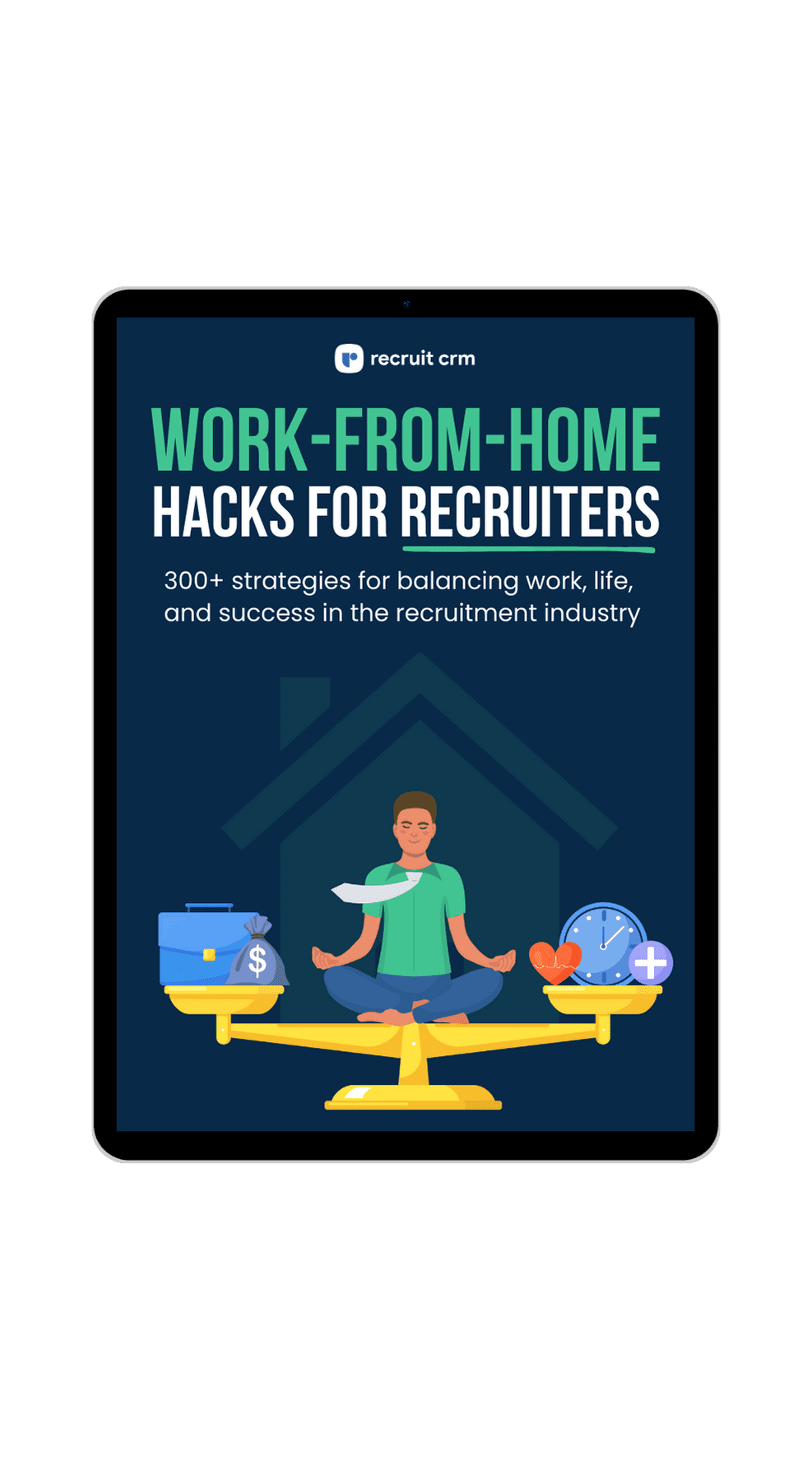Marketers and neuroscientists agree: we don’t make decisions rationally.
What actually happens in our mind is that we make decisions emotionally. We have a gut reaction. We desire something.
And we don’t always know why.
Of course, if you ask someone why they bought those shoes, that sofa, or those headphones, they will give you plenty of rational reasons.
They might mention the features or the value, but those things are all post-rationalized. They are the reasons we come up with to justify emotional decisions.
“We think less than we think we think. But the more we feel, the more we buy.”
– John Kearon
Are you with your partner for rational reasons? Of course not. You “fell” for them, and when someone asks you (a little drunkenly, I would imagine) why you love them, you will struggle to come up with rational reasons why. You’re trying to answer an emotional question with a logical answer, and that’s not possible.
For all the thinking we do when buying a home or car, for all the list-building and spreadsheets we might make to compare features and relative pros and cons, we choose based on emotion.
So it stands to reason that we pick our next jobs based on emotion.
Job search and emotion
Think about that dreaded moment when a candidate searches for a job title on a major job board and is faced with dozens, if not hundreds, of logos, most of which they have zero rational information about.
Why should they click THAT one?
Why would they read THAT posting to the end?
Why must they decide to engage with THIS one?
Emotions.
Sure, once the candidates learn about the company, they can post-rationalize, but the instinct to click, to read, to engage; is emotionally driven.
So why are most career sites and job postings nothing but a series of facts?
Here are the seven benefits we offer.
Here is our founder talking about founding the company 23 years ago.
Here is our stock price.
Here is a diagram showing our hiring process.
Here is a corporate message stating that we have a great culture.
Here is an award we won (hopefully) recently.
Facts, facts, facts.
Where’s the emotion? Where is the surprise? Where is the disappointment or pride, or even desire?
It certainly isn’t in the staged photos.
It certainly isn’t in the job posting that sounds like it was written by two lawyers who don’t like each other.
It certainly isn’t in the descriptions of the benefits.
Sparking emotion in career sites and job postings
Now, here’s the problem. I can’t tell you how to spark emotions.
One, because I don’t know what emotion you want to spark.
To begin the process of creating emotion with your career site or your job postings, you must ask what emotion you are shooting for.
Stay away from anything broadly positive like “happy.”
Maybe ask yourself which of the seven deadly sins we deliver. Maybe get yourself a feelings pillow and start throwing darts at it.
But two, because you can’t spark an emotion by saying you’re trying to spark it. Last year, Coca-Cola spent $4B on ads to get people to associate it with “happiness,” and none of the ads SAY happiness.
If I say “sad” to you a million times, you won’t get sad.
If I say “pride” to you a million times, you won’t feel pride.
(Though it actually kind of works for “angry,” but that’s the exception that proves the rule, I guess.)
Look at examples of work from an arena that makes you feel something. They almost never tell you what to feel. They lead you to the door and let you walk through.
Reframing the brand perception question
We’re so obsessed with spelling out the features that we’ve lost sight of the fact that jobs are emotional.
Choosing a job is emotional. In order to leverage this idea, we need to stop asking the question, “What should people THINK when they see my brand?”
Instead, we should be asking, “What should people FEEL when they see my brand?”






